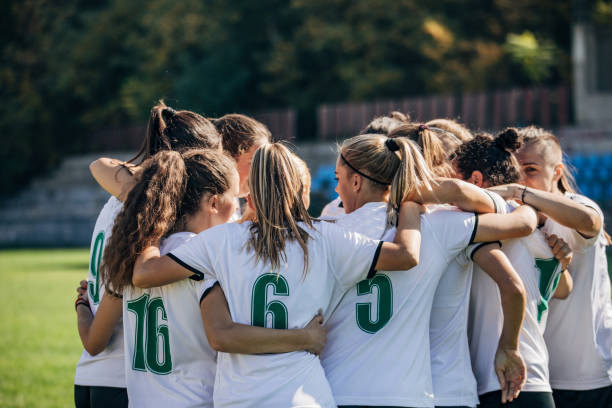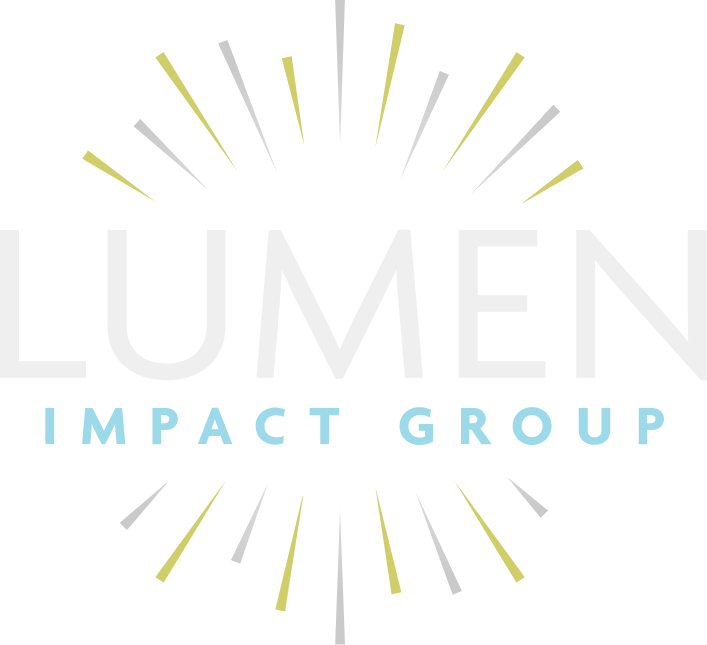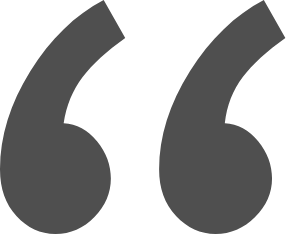What If There IS an “I” In Team? The Necessity of Diverse Styles in Teamwork

By: Cori Egan
I was involved in sports when I was young, which means that, at a young age, the idea of a group of people working toward a collective goal was a big part of my life. The teams I was on and the work that I put into them allowed me the opportunity to play college soccer. If I had to summarize my understanding of teamwork into one idea, it would be this: you need to lean into one another’s strengths and weaknesses to be successful.
To use a soccer analogy: what if our goalie on my soccer team was told that she had to work to go score a goal in the middle of the game just like everyone else? So, mid game, she runs down the field, exposing our goal in an attempt to score. Not only are her skills being underutilized, but, tactically, this risks the health and success of the whole team.
Our culture sometimes encourages behaviors like this, as we’re told that there is one kind of path toward success, or that if we’re not performing in the same way at the same level as someone else, we’re not meeting the mark. Kids are often reminded that “there is no ‘I’ in team,” but this actually is a pretty big misunderstanding. Sure, working as a unit means that you put the team’s needs above your desire for playing time or for recognition. This phrase, however, can also cause us to stifle diversity and uniqueness on teams to recognize what success can look like for individuals as their work, while it may look different than ours, actually plays a vital role to our whole team’s success.
It does in fact take a lot of different “I’s”.
And, actually, at Lumen, we think that it takes a lot of different “D’s,” “I’s,” “S’s,” and “C’s.”
Confused? Let me explain. As a team, we use the DiSC Everything Workplace Profile internally and with our clients to help us understand what our teammates’ working styles are and how each of our strengths and weaknesses complement each other. Understanding how everyone works helps us be more effective in working together. The DiSC Everything Workplace Profile “teaches participants to understand themselves and others, while learning to appreciate different priorities, preferences, and values each individual brings to the workplace.”
Understanding ourselves, each of our teammates, and how we work together helps us find strength and support in the diversity of our team. While driving a project may not be my strength as ‘S’ style, which is characterized by being even tempered and patient, it is Lisa’s style as a ‘D,’ characterized by being direct and results-oriented. On the other hand, Stephanie may be so excited by something she’s working on as an ‘I’ that she’s jumping in and getting us excited with her optimism, a characteristic of her style, but we need to slow down and think through things a little more, which is where my patience as an ‘S’ and Lauren’s systematic nature as a ‘C’ may come into play. All of our working styles are observable without a tool, yes, but the DiSC tool has helped to give us the common language that we use to have real and vulnerable conversations about the benefits and challenges of working together as a team and how to keep getting better for each other and for our clients.
The beauty of teamwork is found within the diversity of its team members. A strong team has a wide range of experiences, strengths, and weaknesses. Having 11 great goalies on the field would not yield success, just like 11 forwards wouldn’t.
Building a team with diverse working styles is only the first step. To function as an effective team, there has to be intentional conversation and understanding around the strengths and challenges of the individuals who make up your team. A team with diverse working styles can be challenging as all of the styles learn how to communicate and build on one another’s strengths, but doing that work can make all of the difference for your team’s impact.
What tools are you using to have these conversations with your team? And to build your relational and working capacity with each other?
As an authorized partner, we use DiSC with our clients and ourselves. If you’d like more information on DiSC, you can find it here.
Cori Egan is a Junior Partner at Lumen Impact Group. This is the third blog in our series highlighting the organizational values at Lumen. To learn more about our organizational values, click here.


